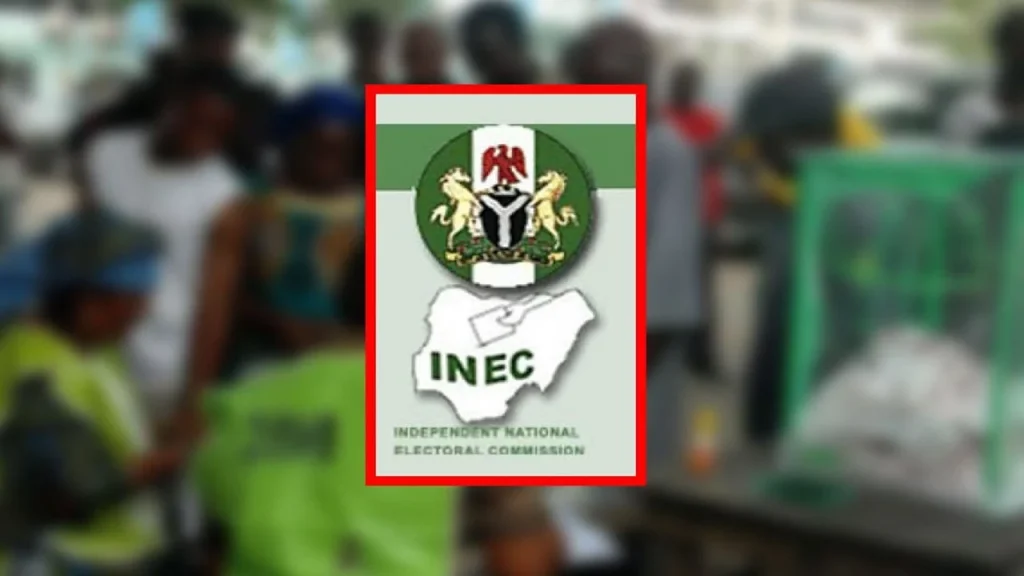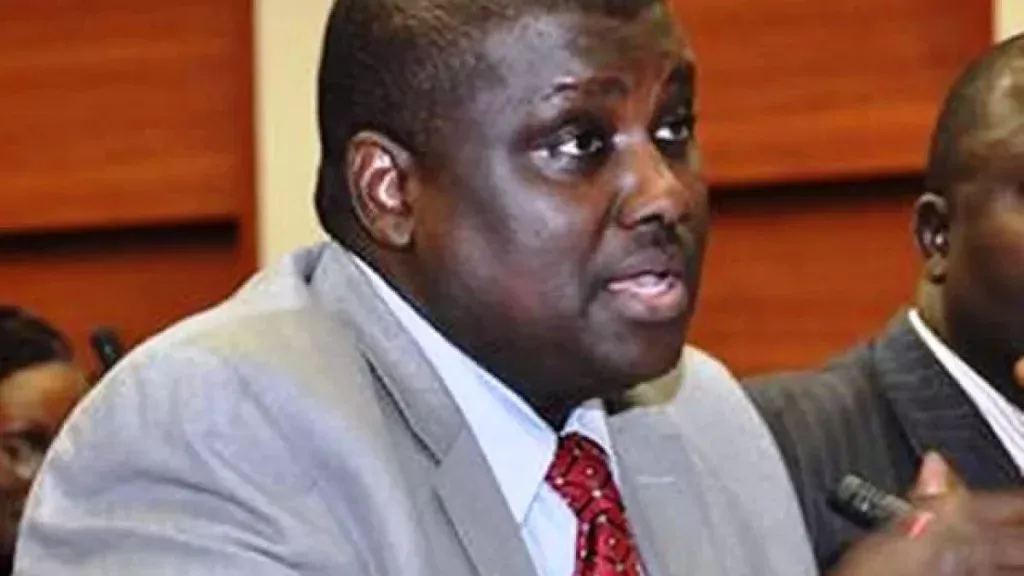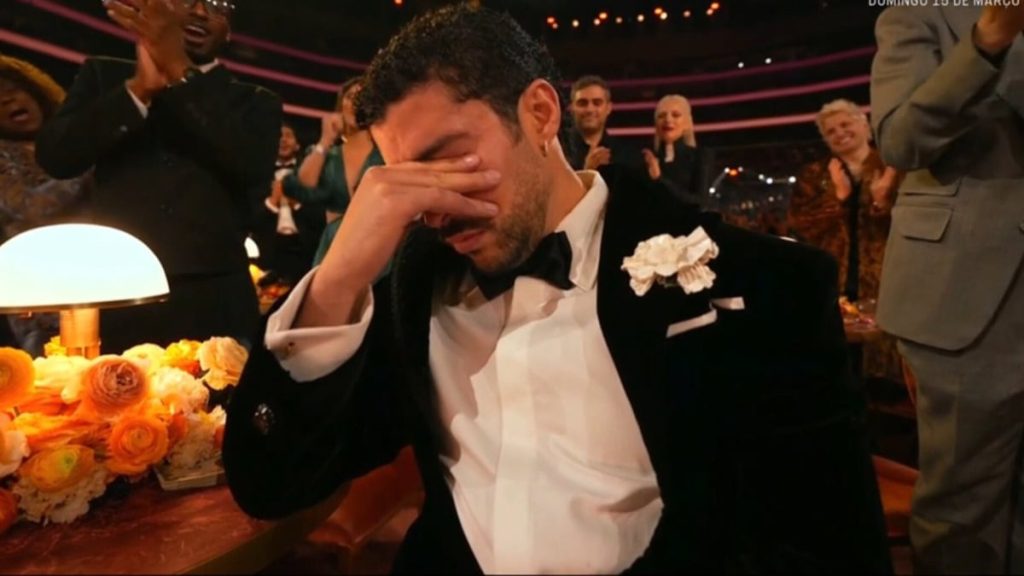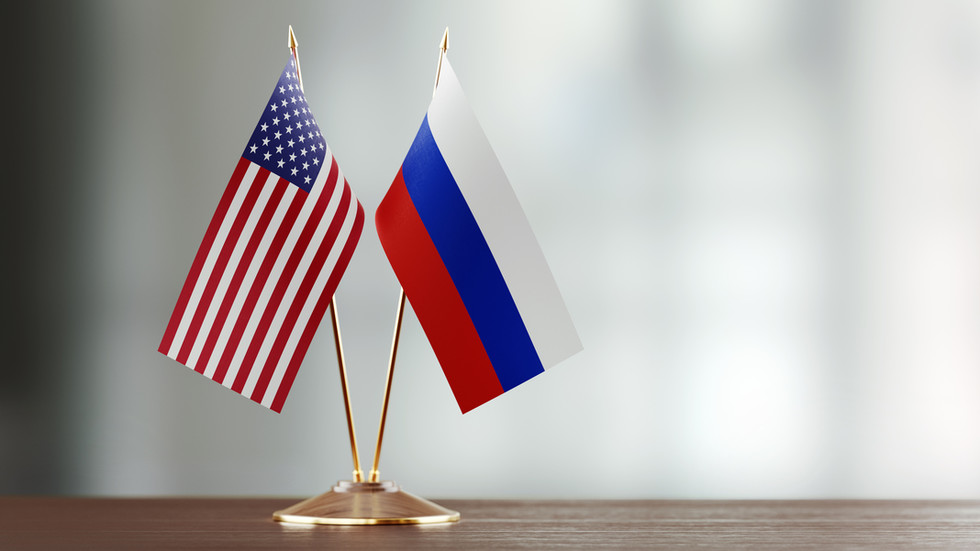A high-ranking police official in South Africa has testified before a government-backed inquiry, alleging that the country’s police and justice system have been compromised by criminal syndicates. KwaZulu-Natal Police Commissioner Nhlanhla Mkhwanazi made the claims in July, stating that top politicians and police officials were interfering in sensitive investigations to protect the interests of these syndicates. His statements sparked a public outcry, prompting President Cyril Ramaphosa to establish a commission of inquiry.
Mkhwanazi’s testimony marks a significant development in the inquiry, which aims to investigate the extent of corruption within South Africa’s law enforcement agencies. The country has one of the highest crime rates globally, and allegations of police corruption are not new. However, it is unusual for high-ranking officials to accuse their colleagues of collaborating with criminals.
During his testimony, Mkhwanazi alleged that Police Minister Senzo Mchunu and Deputy National Police Commissioner Shadrack Sibiya were among those involved with crime syndicates. He claimed that they had disbanded a crucial crime unit investigating politically motivated killings in KwaZulu-Natal province. The unit had reportedly made progress in solving unsolved murder cases, including those of two musicians, and had exposed crime cartels allegedly responsible for the deaths. Both Mchunu and Sibiya have been suspended and are expected to testify before the commission.
The establishment of the inquiry has received mixed reactions, with some expressing concerns that it may not lead to meaningful consequences. Previous commissions appointed by Ramaphosa have not resulted in any high-ranking officials being found guilty of wrongdoing. Lawmaker Julius Malema has questioned the powers of the commission, while the official opposition party, Umkhonto we Sizwe (MK Party), plans to challenge the commission’s legality in court.
Despite these concerns, some experts believe that the inquiry has the potential to bring about significant changes to South Africa’s law enforcement system. Louise Edwards, a crime expert from the African Policing Civilian Oversight Forum, noted that the probe could lead to real reforms and sustained oversight if its findings and recommendations are implemented. The inquiry’s outcome is crucial, as the issues raised by Mkhwanazi are eroding morale among police officers and hindering effective policing. The commission’s findings and subsequent actions will be closely watched, as they may ultimately determine the success of efforts to address corruption and crime in South Africa.



